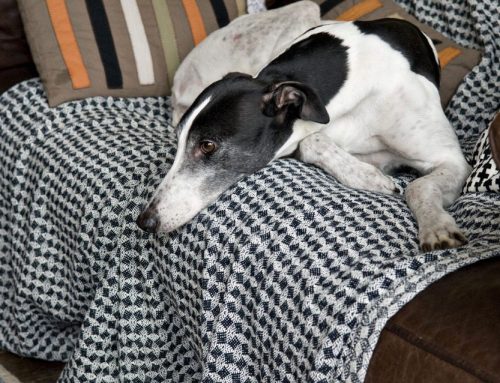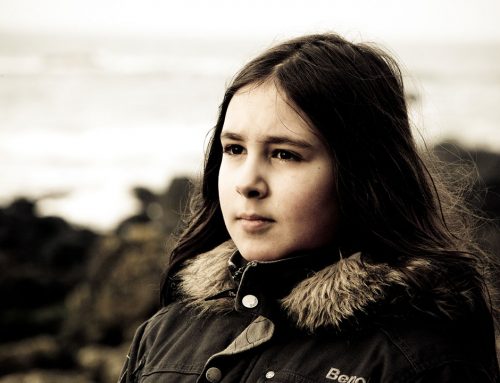Things I wish I knew when I first suspected that my son had Aspergers Syndrome…
I hope that this post may provide a useful summary of things for parents and carers of newly diagnosed children on the autistic spectrum.
Don’t ignore the early signs…
What may seem quirky or easily managable when they are little (such as lining up toys, humming or making repetative movements) are important signals that the child is attempting to control their responses to an environment or situation that may be causing them considerable stress. I made the mistake of suspecting from the age of 2 or 3 that he may have aspergers syndrome and thinking that I didn’t need any help. Maybe I didn’t but I think, in hindsight, that my son could have benefitted from an earlier diagnosis (not done until aged 9 and after a terribly stressful and painful time). I also would have made different choices about several things – like moving across the country and taking on a very challenging job which involved alot of travel.
Every child on the spectrum is unique
Althought there are diagnostic tools which focus on the so called ‘Triad of impairments’ it is important that you feed into any diagnostic process. You know your child better than anyone else and some of the things that are important to you and your child, such as responses to sensory overload, are ignored in the diagnosis. Personally I think the triad of impairments diagnostic approach is significantly flawed, particularly around the concept of not understanding other people’s emotional responses (empathy). My son, for example is painfully aware of some people’s emotions (such as mine) and will go to nay lengths to avoid it as it overloads his capacity to deal with it. This AWARES page provides a very useful description and does refer to sensory issues. From our perspective we needed a diagnosis to help us get better responses from the school system but it is not a particularly helpful, or easy process.
Don’t expect any trained professionals to have a better understanding or your child or of autism than you.
This may sound bitter (and if you read the older posts you’d understand why) but I have found it astonishing how ill informed professionals in the family and mental health service, the educational service and the medical profession are about autism. Some of this is due to the point above, but generally the public has no clue about autism, teachers may have had very inadequate training, and, in my experience, the people doing the diagnosis were clueless about the impact of autism on the lives of families.
Make sure you find a great community of people who do understand
You may be directed to some support groups on diagnosis. We weren’t but I have been incredibly lucky to have developed a very strong and supportive network of people who go through what we do on a daily basis. Strangely it started in the photo sharing service flickr where I am known as normadesmond; ) I started using photography to record our story and to have a creative outlet and got some great responses and linked up with other carers and parents of autistic children. I started blogging and also found huge support from people who read reagularly. I also joined a very important mailing list when we started home learning. It has been the best source of information and support for me and without it I would feel very isolated and alone. The group is the HE -Special group. These support networks are vital because your family and friends are not likely to understand what it is really like for you. I alos made extensive use of the National Autistic Society resources and helpline.
Why nobody understands?
I have posted before about how little people understand in the Dear Family post. People don’t know what it’s like because often when they see you and your child you have organised the event like a military operation to try to avoid as much overstimulation as possible. They may see you at a party and say ‘ well he really enjoyed himself, playing with the other children – he didn’t seem to mind the noise then…’ What they don’t see is the huge meltdown he has later and the fact that you have to allow three days for him to get over the huge stress of a social event. It is particularly difficult for children with Aspergers Syndrome and high functioning autism because people can’t see the disability. What they may see is a meltdown that they label a ‘tantrum’ or you ‘spoiling’ your child by trying to prevent situations that will cause distress. Many neurotypical people seem to think it is actually wrong to not like noisy parties. Most will not understand that they can hardly even hear things that drive an autistic person bonkers. Most wouldn’t have a clue why waiting in a queue in an echoing airport or getting on a full train is almost imposssible.
Listen to your child
This sounds really obvious but I mean really listen. We spent over a year practically frog marching our son to a school which was actually a daily torture to him. Hundreds of people with autistic spectrum disorders (diagnosed or not) have had to endure unnecessary painful experiences because we expect them to do what everyone else does – go to school, parties, play team sports. THIS IS SO NOT OK! I am sorry that I didn’t listen sooner – I realise how brave my son son was to keep trying to cope with all that was thrown at him. I will always regret that I didn’t listen sooner…
Think out of the box
This is really vital, partly because you are on your own and partly because we live in a society here in the UK where we just accept ridiculous things without question. So why do girls wear dresses but boys are not allowed to – is there a valid reason other than tradition? Why do we blindly send our children into places which we haven’t even spent time in ourselves? Is it because everyone else does it that way? Is it because our government tells us to do it? It is vital to question everything when you have an autistic child because if you don’t they are likely to suffer for it.
Not everyone is in a position to change their lifestyle and do home learning – clearly we all do what we can. But if the only thing we do for our autistic children is stop, think and question why we are doing something. If the answer is to please your peers, your family, or worse some agency who thinks they know better then you may need to rethink.
Be a bit more radical and be prapared to fight – maybe one day your child will thank you for it. The day we started listening to our son was the day that our lives changed for the better. Not easier by any means but much more honest.
I’m sure I’ll think of loads more so may do another follow up post to this one. Please add your own ideas to this list too. it may really help someone.








Leave A Comment